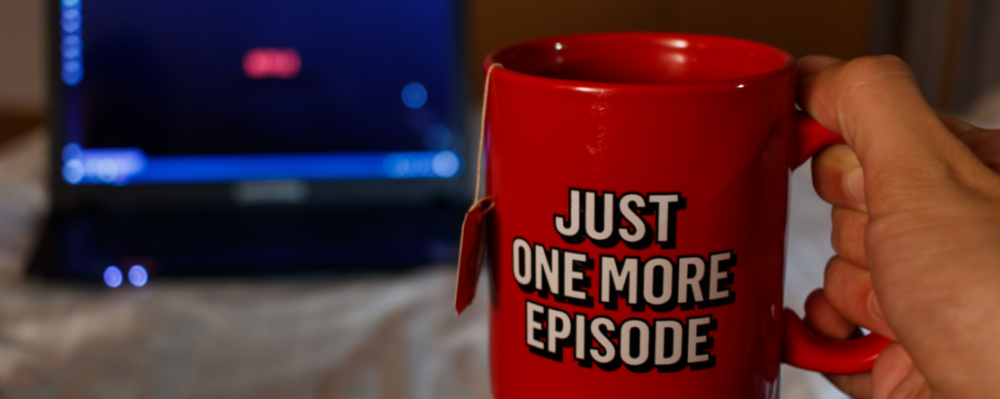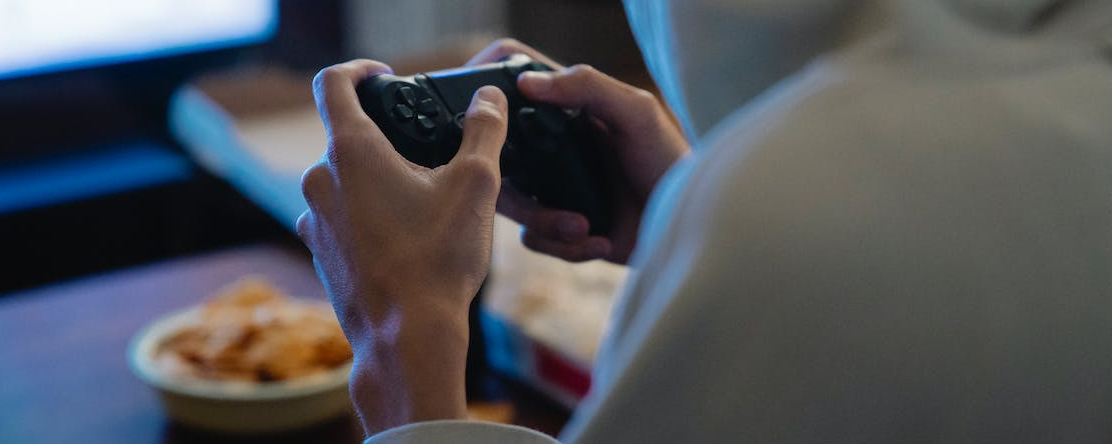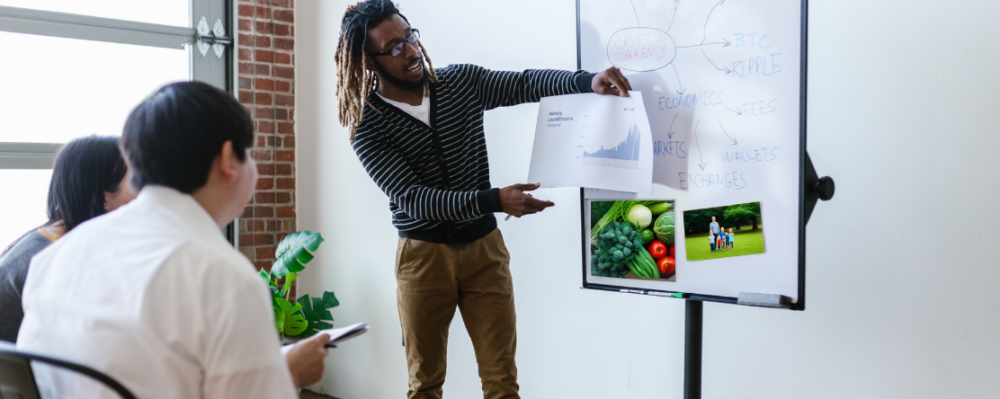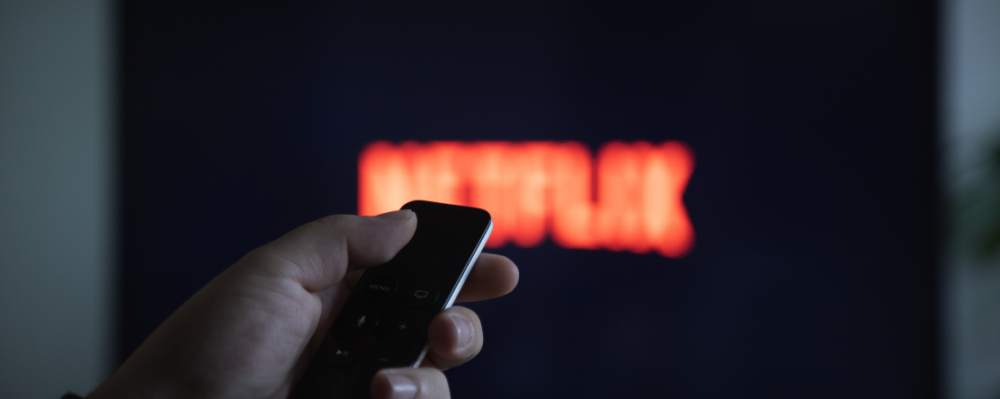
The Connection Paradox: How Using Social Media and Playing Video Games Relate to Social Connection
- Steve Downs, S.M., B.S.
- Alec McMorris, Evan Cook, Amelia Goranson, Jake Rothschild, Ben Leff, Abigail Barth, Carla Perissinotto, Matthew Smith, Thomas Goetz and Sara Singer
-
Focus Areas
Alcohol, Tobacco, Drugs & Mental Health, Data, Technology & Innovation -
Issues
Technology & Telehealth -
Expertise
Research – Survey -
Programs
Building H

Do social media and video games make people less social? Or could they catalyze more socialization and less isolation?
PHI’s Building H focuses on the “product environment”—the commercial products and services that collectively weave the fabric of everyday life—and how it shapes people’s health. In this study, Building H conducted a survey of US consumers about their use of certain types of commercial products and services and their health habits. They found that:
- Forty-six (46%) of US adults are lonely. Loneliness is most prevalent among people aged 18–29 (55%), people earning less than $50,000 per year and people of Hispanic origin (51%), women (50%).
- Heavier users of both social media and video games are more likely to be lonely than lighter users.
- Paradoxically, heavier users of both social media and video games rated their influence on social connection more positively than lighter users.
- Also, paradoxically, heavier users of social media are more likely to report that it has made them more connected to friends, family and neighbors than lighter users.
- People with higher incomes are less lonely and rate both social media and video games more positively on their influence on social connection.
The survey does not establish causation—heavy users of games and social media might be spending time on them because they are lonely; they might be lonely because they are spending some much time on them; or their loneliness could be unrelated to their engagement in social media and video games.
Read the full reportWith support from Einhorn Collaborative, Building H contracted with the research firm Verasight to conduct a survey of US consumers about their use of certain types of commercial products and services and their health habits. Respondents were asked about their use of and experiences with popular social media platforms, video and computer games, automobiles and bicycles, along with questions about their eating habits, levels of physical activity, sleep, the amount of time they spent outdoors and, in particular, their social connection and social experience.
The online survey was completed by a demographically representative sample of over 3,100 US adults and was conducted between August 22 and September 5, 2023.
“The survey results put additional contours around the loneliness epidemic. The epidemic is hitting hardest among young Americans and among those with lower incomes — but it is also clearly widespread: no demographic group we examined had less than one-third of its members assessed as lonely.”
Originally published by Building H
Work With Us
You change the world. We do the rest. Explore fiscal sponsorship at PHI.
Support Us
Together, we can accelerate our response to public health’s most critical issues.
Find Employment
Begin your career at the Public Health Institute.


